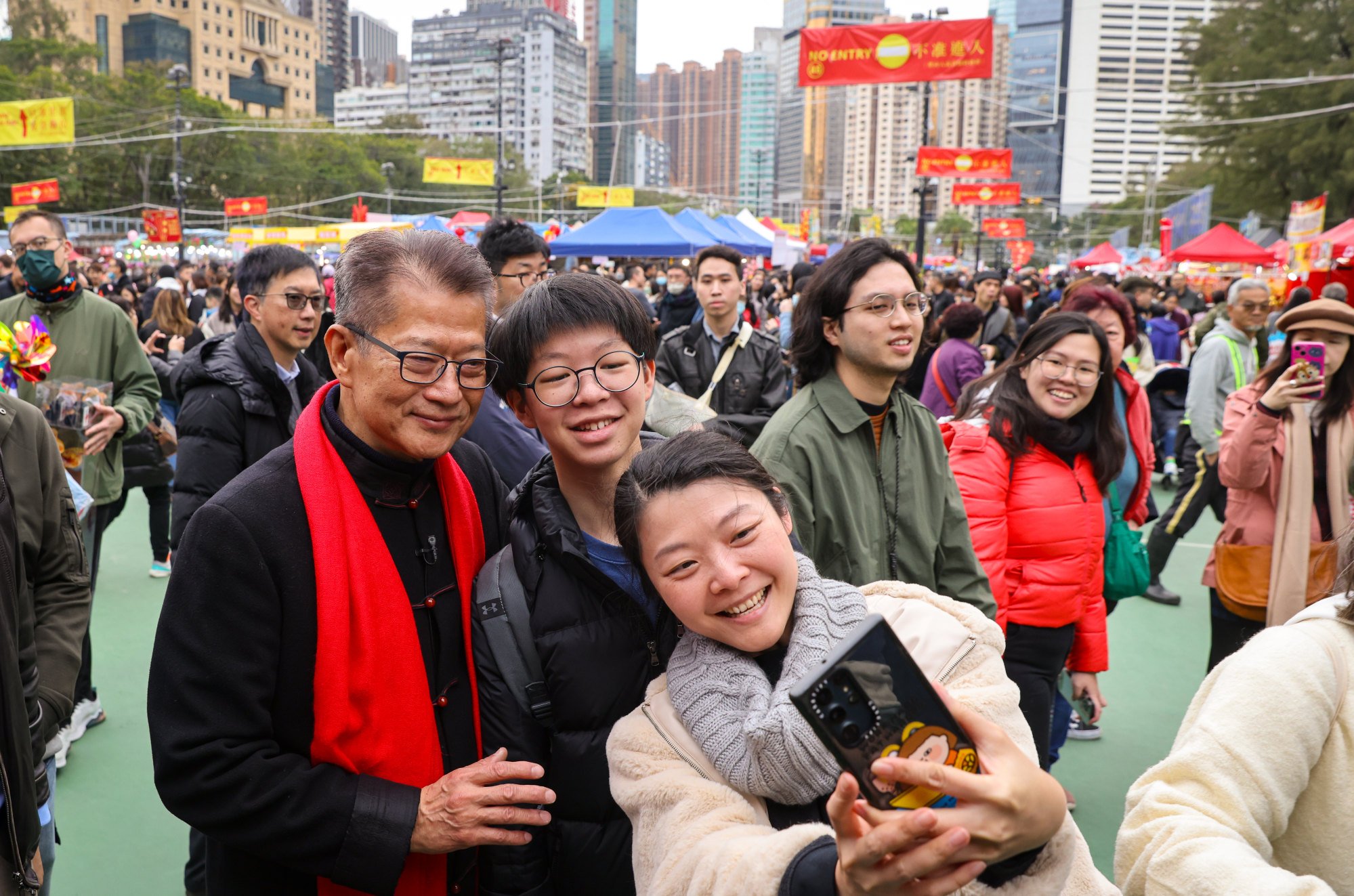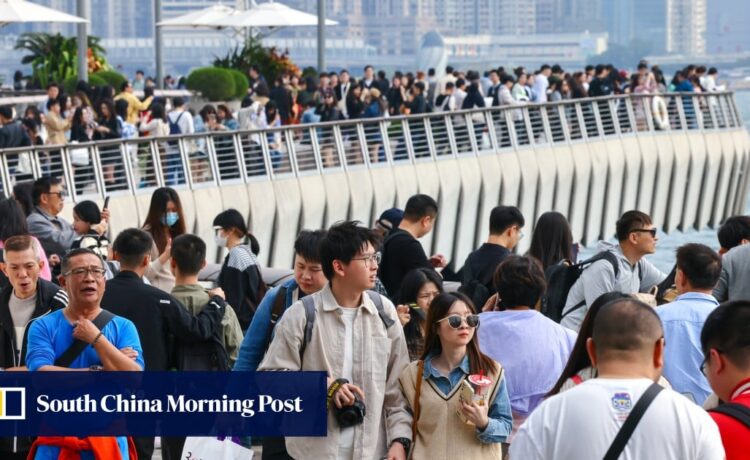“The economy may be recovering at a slower pace, but it is still positive growth. We also have to think about the government’s ability to afford these measures financially.”

Chan said authorities had spent “a lot of money” during the pandemic and the city’s deficit had ballooned to about HK$100 billion (US$12.8 billion) in the current financial year, despite an earlier estimate of around HK$50 billion, as government revenue from land sales and stamp duties fell due to a weak assets market.
He added that the government would reduce spending and increase revenue, with efforts to raise public service fees taking into consideration the financial circumstances of residents and the city’s competitiveness.
Hong Kong finance chief rules out capital gains tax for ‘foreseeable future’
Hong Kong finance chief rules out capital gains tax for ‘foreseeable future’
But the finance chief said he expected the local and global economy to become more stable compared with the previous year, given interest rates had stabilised and might fall later in the year.
“Of course, there are still large variables like geopolitics overseas and the United States’ economic environment, but overall we hope that with interest rates starting to come down, no matter in the asset market or our exports, it will be relatively more stable,” he said.
But the city would have to rely on local consumption and tourism in the short term, as exports still faced pressure, Chan added.
Belts may have to be tightened, Hong Kong’s finance chief warns
Belts may have to be tightened, Hong Kong’s finance chief warns
“Hong Kong is a service-based economy, so consumption will drive related services and employment,” he said.
“Once the market is doing well, the consumption situation is good and everyone is doing business and making money, especially if the entire social atmosphere is made more vibrant and happier as spending increases, then investments will also improve, so this is an important area for us in the short term.”
Chan said the city would have to improve the quality of its services and experiences for tourists to encourage them to return to Hong Kong and recommend it as a destination for others to visit.

The finance chief noted the city had reached 70 per cent of the pre-pandemic number of tourist arrivals in January, with more expected to visit the city as flight capacity improved.
But a trend of residents crossing the border for leisure could affect the city’s economic prospects.
The latest Immigration Department statistics showed the number of residents who left Hong Kong on the first day of Lunar New Year was higher than the number of visitors entering the city.
Hong Kong logged 258,354 people entering the city on Saturday, more than 128,000 of whom were visitors, accounting for almost half of the total.
More than 332,000, or 77 per cent of the people who left the city, were residents.
Asked whether the government would consider removing property market curbs, Chan said the measures were introduced when there were “objective reasons” for them, adding that authorities would continue to monitor the situation.
Chan also said the government would handle the property market with care as many residents had invested most of their savings in their homes. There could be instances during the market’s current state where property might fall into negative equity if housing prices fluctuated, he added.

















